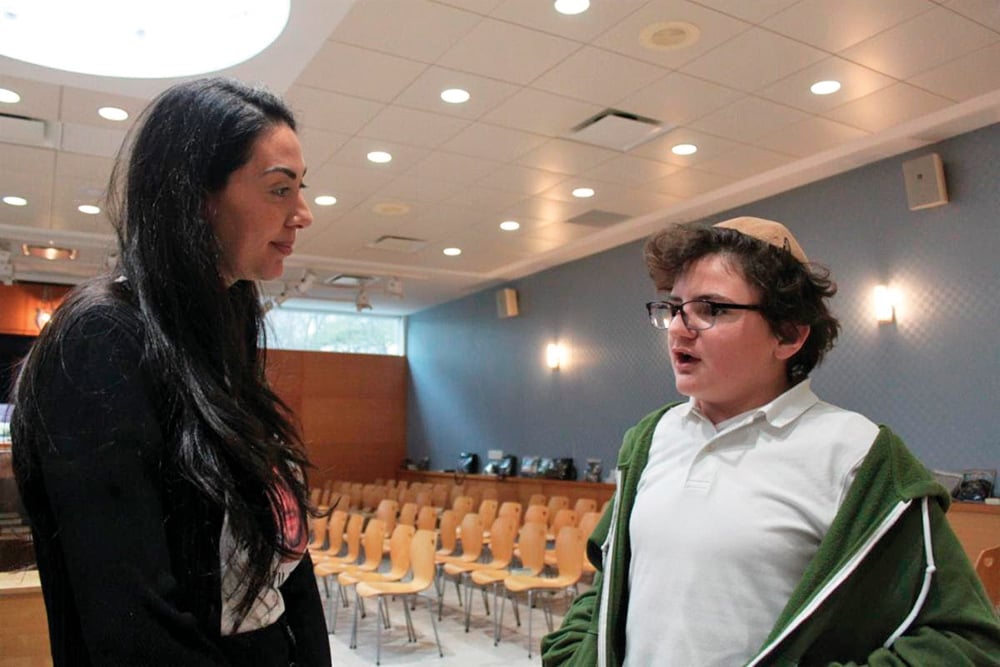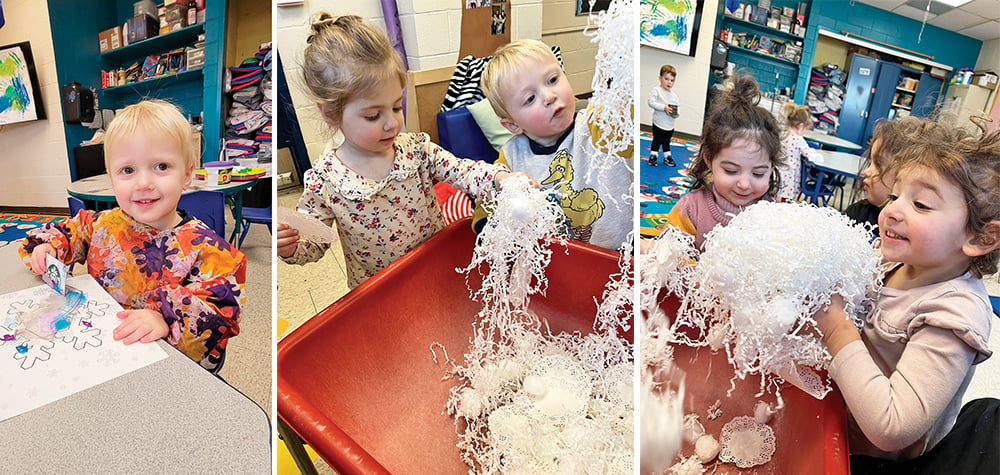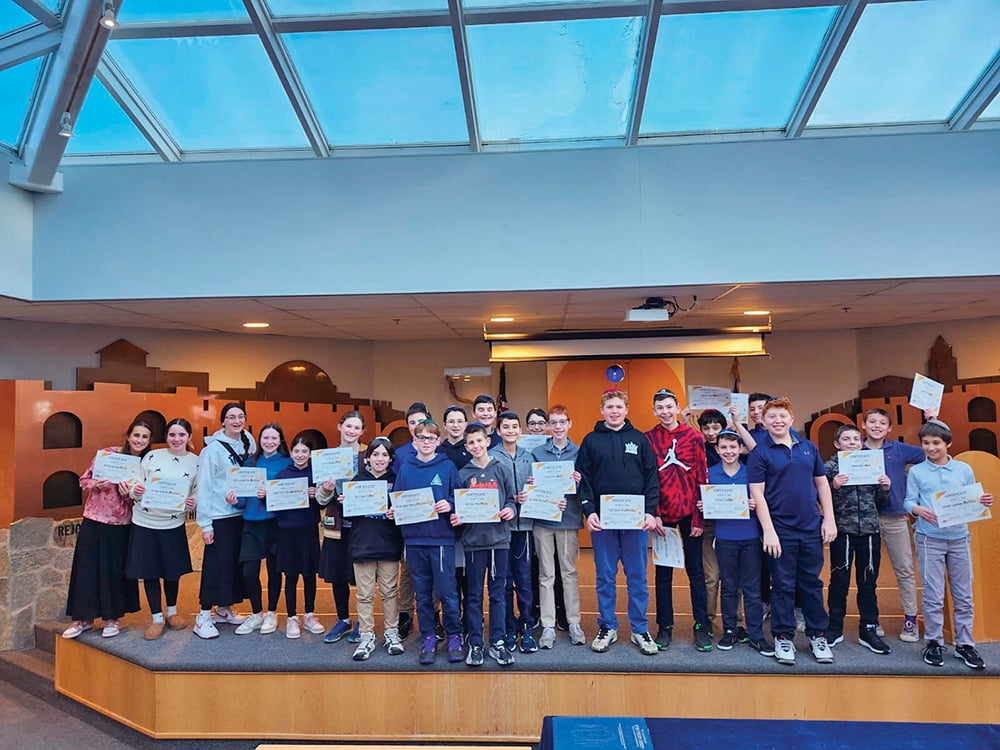The Shulchan Aruch writes that during the 10 days of repentance, even Jews who are normally lenient with eating bread baked by non-Jews should try to be strict and only have pas Yisrael—bread baked by Jews. Others have expanded this to other chumrot, religious stringencies, like eating chalav Yisrael, Jewish milk, even if one normally consumes regular kosher milk during the year. The season of introspection and repentance asks us to do a bit more in the spirit of self-improvement. Chumrot, stringencies, can be a good thing. They give space to religious fervor and allow us to do not just what we are told but to go beyond. In a relationship, doing only the bare minimum might be sufficient, but going the extra mile for the other person fosters love and closeness. This is what we seek during this time. We in the Modern Orthodox community would do well to consider an area or two where we would like to be strict on ourselves because of our love and reverence for God.
Every chumra, religious stringency, necessarily leads to a kula, religious leniency, somewhere else. There is a legend that Rav Yisroel Salanter made Kiddush in shul on Yom Kippur during a cholera outbreak, warning people to eat. There is debate about the details of the story but it is clear that while some might say he was being lenient with the laws of fasting on Yom Kippur, he was strict with the laws of pikuach nefesh, saving lives. Being strict in one area meant, necessarily, being lenient in another. These issues of competing values face us all the time. In these pages months ago one rabbi lamented how some men weren’t coming to pray in a minyan. One man responded in the letters sharing how he was home with his children helping them with their day and not leaving it all on his wife. They were debating the values of tefillah b’tzibbur, praying with a minyan, vs. shalom bayit, marital peace. Being strict in one area meant being lenient in the other for each side.
There are times when it can appear to us that our chumra, stringency, isn’t hurting anyone and doesn’t seem to have any major downsides. Other times, our stringencies have an impact that we didn’t realize. I found myself applying this idea to something that at first blush seems disconnected. Bear with me.
There was an incident in Michigan last month when a black real estate agent was showing a house to a black father and his teenage son. Someone called the cops, who showed up with guns drawn, and handcuffed the two adults and one kid. Thank God no one was killed, no bullets were fired and the police apologized when it was all over. However, that doesn’t mean there were no consequences. It traumatized the teenager, and the level of safety that these black men felt, and likely black people elsewhere felt, went down. I would contend that it happened because we are unaware of the consequences of our chumrot, stringencies. Believing every 911 call that comes in without an awareness that there might be bias or unintentional racism is a chumra. Going in with guns drawn and assuming the worst is a chumra. Militarizing the police so that they are armed to the hilt a chumra. As a society we can choose to have these stringencies, but we must realize the other side of the coin.
What is the kula, leniency, embedded in these chumrot/stringencies? We are being lenient with the rights of black people to normally live their lives. We are being lenient with the trauma caused by coming in with guns drawn and handcuffing people. We are being lenient with the lives of citizens when we militarize the police so that their safety is a higher priority than those they are called to serve.
I am not calling for police to ignore 911 calls, nor give up their guns for heart emojis. I am grateful to the service and sacrifice of the men and women in uniform who serve with dignity and heroism, sometimes paying the highest price to ensure our freedoms. May God continue to bless and protect our police. I am, however, raising the question of how these chumrot/stringencies are leading us to kulot/leniencies elsewhere. Are these tradeoffs we agree to?
Buying pas Yisrael/Jewish bread or chalav Yisrael/Jewish milk might mean a few extra dollars and a slightly longer shopping trip. Depending on one’s financial situation or time, this chumra might be rather insignificant for some and too much for others. We might decide differently if we realized what it might mean that being strict in one area necessitates a leniency in a different area. What might a police department look like if we are machmir/strict about not traumatizing innocent teenagers? What might this incident have looked like if we realized that some people calling in an incident are (unintentionally) biased? There is a police department in Georgia experimenting with shooting to disarm rather than kill when the incident calls for it. Such an approach seems to be strict with the loss of life of people, while being somewhat lenient with the lives of police. These are questions we don’t usually ask. In the season of taking on chumrot, let us reflect on how our actions and behaviors have unintended consequences elsewhere.













